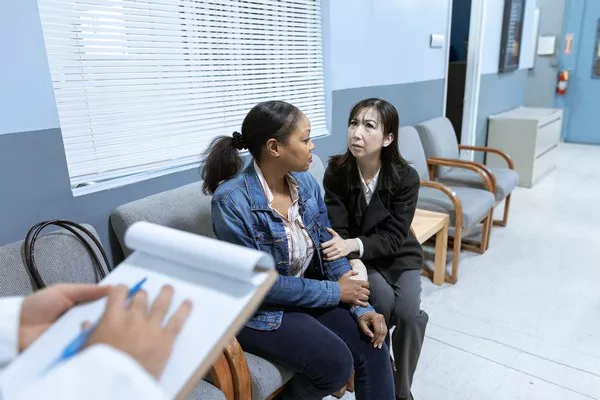Agoraphobia is a type of anxiety disorder in which an individual fears and avoids certain situations or places that may trigger panic attacks or feelings of helplessness. These situations may include crowded places, public transportation, or being outside of the home. Agoraphobia can significantly affect an individual’s daily life and relationships. Fortunately, there are effective treatments available for agoraphobia. In this article, we will discuss the most effective treatment for agoraphobia and why.
Cognitive Behavioral Therapy (CBT)
Cognitive Behavioral Therapy (CBT) is considered the most effective treatment for agoraphobia. CBT is a structured, short-term therapy that focuses on identifying and changing negative patterns of thinking and behavior that contribute to anxiety. It involves working with a therapist to challenge and replace negative thoughts and beliefs with more positive, realistic ones.
CBT can help individuals with agoraphobia learn how to manage anxiety-provoking situations and reduce symptoms. It may involve exposure therapy, in which an individual gradually exposes themselves to feared situations or places under the guidance of a therapist. Exposure therapy can help desensitize individuals to anxiety-provoking stimuli and teach them effective coping skills.
Medication
Medication can also be an effective treatment for agoraphobia. Anti-anxiety medications, such as benzodiazepines, can help reduce symptoms of anxiety. However, they are not a long-term solution and can have side effects such as drowsiness, dizziness, and cognitive impairment.
Antidepressants, such as selective serotonin reuptake inhibitors (SSRIs), are often prescribed for agoraphobia. They can take several weeks to start working, but they have fewer side effects than benzodiazepines and are considered a more long-term solution.
Combination Therapy
Combining medication with therapy can be an effective treatment for agoraphobia. Research has shown that a combination of medication and CBT can lead to better outcomes than either treatment alone. Combining therapies may be particularly beneficial for individuals with severe symptoms of anxiety.
Alternative Therapies
Alternative therapies such as mindfulness-based stress reduction (MBSR), acceptance and commitment therapy (ACT), and dialectical behavior therapy (DBT) may also be effective in treating agoraphobia. These therapies focus on changing how individuals react to and cope with their anxiety.
In conclusion, Cognitive Behavioral Therapy (CBT) is considered the most effective treatment for agoraphobia. CBT can help individuals learn how to manage anxiety-provoking situations and reduce symptoms through exposure therapy and effective coping skills. Medication can also be effective, but it should be used in conjunction with therapy for the best outcomes. Combining therapies may be particularly beneficial for individuals with severe symptoms of anxiety. Alternative therapies such as mindfulness-based stress reduction (MBSR) and acceptance and commitment therapy (ACT) may also be effective in treating agoraphobia. It is important to work with a qualified therapist or mental health professional to find the treatment approach that works best for you.




























